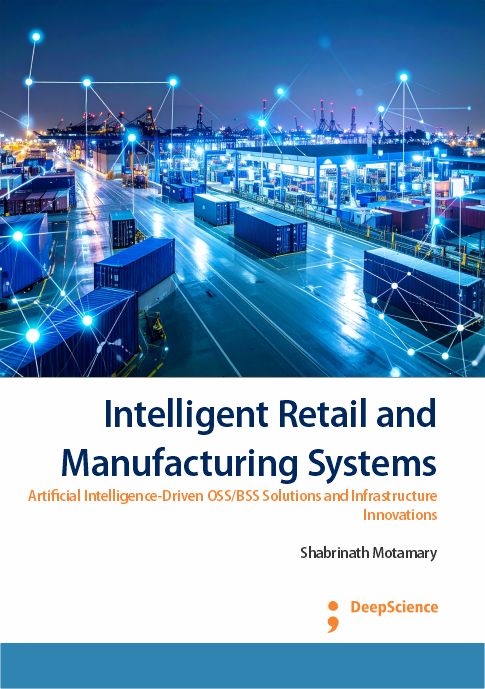Accelerating the adoption of industry 4.0 with intelligent manufacturing and IoT-integrated systems
Synopsis
Industry 4.0 (I4.0) is a term first introduced in 2011 at the Hanover Fair and selectively adopted by other countries to promote various programs to modernize their manufacturing industries around integrated vertical and horizontal services. Germany's program to implement a smart factory included the following goals for the factories converting to Industry 4.0, including the development of Cyber-Physical Systems, Internet of Things, reusable, self-configurable units, Artificial Intelligence/machine learning, big data, and a functional ecosystem for SMEs. Other I4.0 initiatives include various programs from China, the US, Korea, Singapore, and Japan, for example, the National Network for Manufacturing Innovation. Since those initial discussions, I4.0 comprises the deep penetration of automation in all sectors of manufacturing, creating intelligent operations that are digitally connected and integrated horizontally (between enterprises and suppliers) and vertically (between all levels of operations in the enterprise, linked to the supply chain and the market). The time span from autonomous robots, 3D printing, and automation to a digital supply chain with augmented reality, artificial Intelligence, blockchain, big data analytics, IIoT, modeling, simulation, and high-level integration has gone from a few decades to deep concerns and pains about labor replacement and what do digital workers do, especially since the pandemic of 2020. Discussions include a rework of the social contracts that allow these changes to happen, so we do not end up with the work of the lower-skilled.












